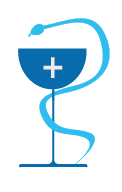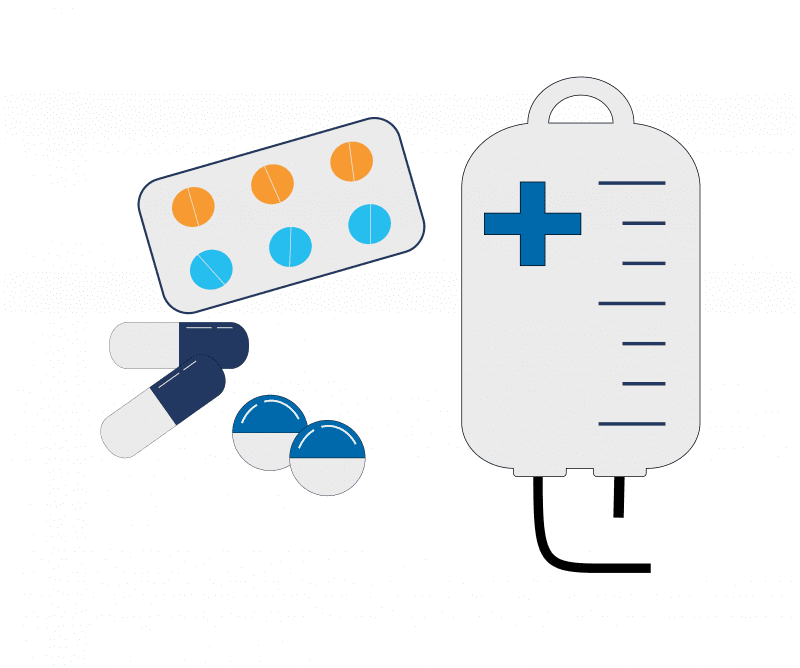The dose maketh the poison. Or the cure?
Back in the early 1500’s, the efficacy and toxicity of remedies were largely uninvestigated qualities. But all that was to change with the arrival on the scene of the Swiss physician Paracelsus. Not only was he the first to demonstrate the importance of keeping wounds sterile to promote healing, but he also famously noted “Sola dosis facit venenum” – it is the dose that makes the poison. Simply put, there is a delicate balance between the dose of a therapeutic agent that makes it effective, and the dose that induces side-effects. Sygnature’s Dr Allan Jordan explores this challenging reality in oncology drug discovery.
 As we administer our cancer drugs to patients, we regularly walk the tightrope between maximal efficacy and minimal side effects. Most cancer drugs tend to be administered at, or close to, the maximum tolerated dose, in an attempt to strike this balance.
As we administer our cancer drugs to patients, we regularly walk the tightrope between maximal efficacy and minimal side effects. Most cancer drugs tend to be administered at, or close to, the maximum tolerated dose, in an attempt to strike this balance.
Not all side-effects are avoidable. Some are caused by on-target toxicities, where the drug interacts with the expected target to slow or prevent tumour growth, but in doing so, it also interferes with a critical biological process. Could we, perhaps, get better at choosing targets that are more exquisitely linked with cancer biology, and also have fewer of those on-target toxicity issues? There are already some targets that show this is possible. We need to strive to find more of these specific Achilles’ heels in tumours.
And this specificity and tolerability is becoming increasingly important as our understanding of cancer deepens. Cancer is a complex, heterogeneous disease. A community of multiple different cell types with different driving forces, weaknesses, and different profiles of drug sensitivity. In this complex, diverse environment, the use of single, specific agents is frequently doomed to clinical failure and promotes the regrowth of a resurgent, resistant tumour.
To surmount this complex biological challenge, and to deliver maximum clinical benefit, many cancer drugs are now routinely given in combination. However, patients are far more likely to experience intolerable combinations of side-effects if they are given high doses of two or more different agents. Not just an addition of side effects, but often many-fold worse than the single dosed agents.
Given that these are seriously unwell patients, often very frail and with compromised immune systems, the only sensible option in these circumstances is to reduce the dose of the combined agents to a more tolerable level. But in doing so, it’s not uncommon that the dose falls below that required to give clinical benefit. Reduced (but not eliminated) side effects, but at the cost of significantly reduced patient benefit and making it more likely that malignant cells will survive, evolve and grow back, either at the primary site or as metastases.
It’s an area we’re making some progress in, and better tolerated combinations of targeted therapies are beginning to impact upon patient survival and quality of life. But these options are not yet universally available. There remains a need for more selective, better tolerated drugs with an improved side-effect profile. Drugs which can be combined safely and effectively with each other to impact upon multiple, diverse weaknesses embedded within the tumour. In recent years, we have achieved undreamt of successes with combination therapies in diseases such as HIV. It is time for cancer treatments to be equally impactful, turning an acute, lethal disease into a chronic, well-manged condition. Together, we can transform cancer from a disease we die from into a disease we can live with.
At Sygnature, we strive to deliver safer, more selective drugs for our clients and for patients. We’re proud to have already progressed five potential new oncology drugs into the clinic. We work closely with our clients to understand where these agents can be deployed most effectively, both as single agents and in combinations. And, as best we can, to widen the gap between positive impact and poison.
We continually engage with our industry on a range of drug discovery topics. If you would like to discuss oncology drug discovery, our capabilities or even drug discovery in general then we’d love to hear from you. You can get in touch by using any of the contact forms.
